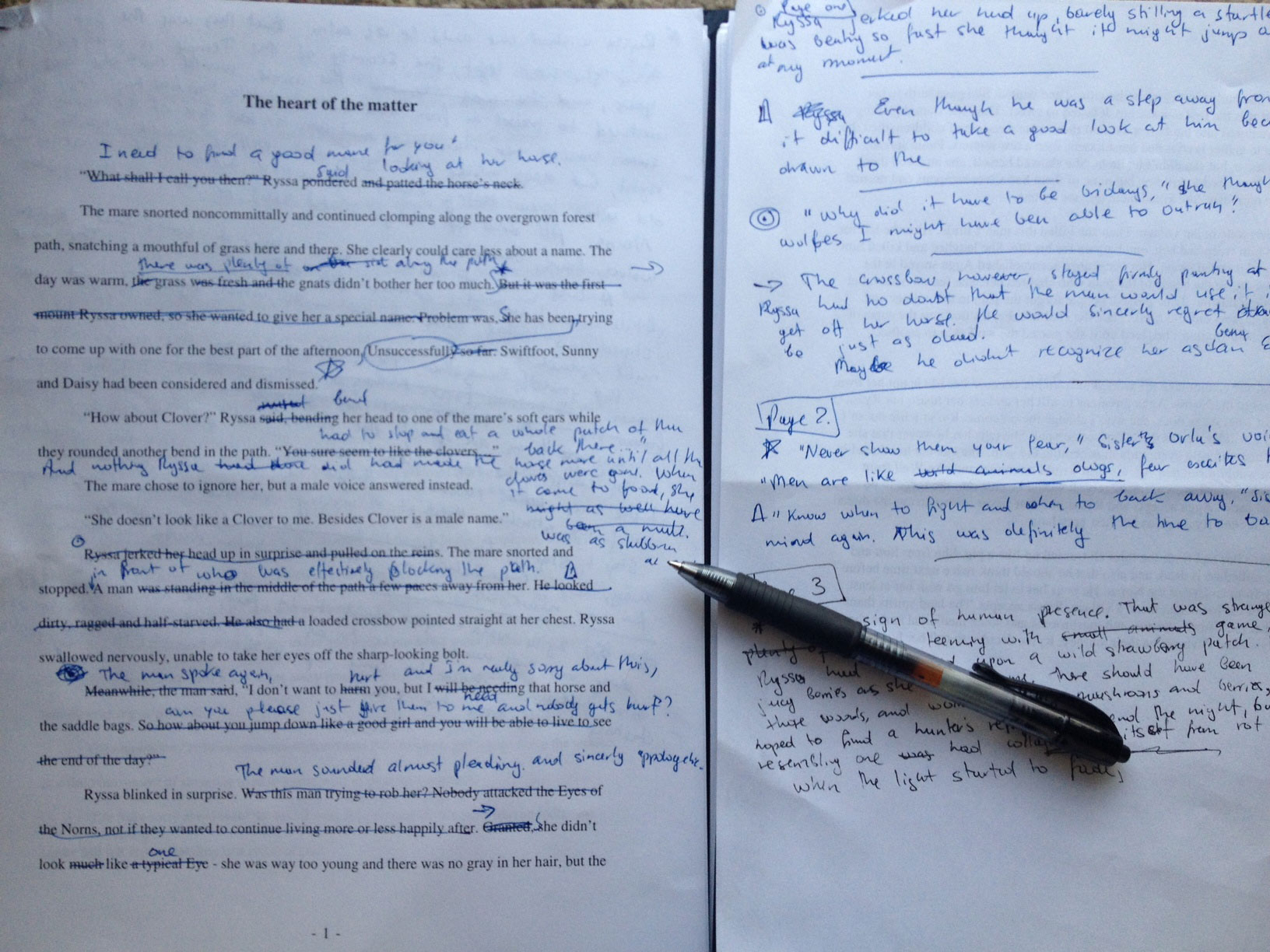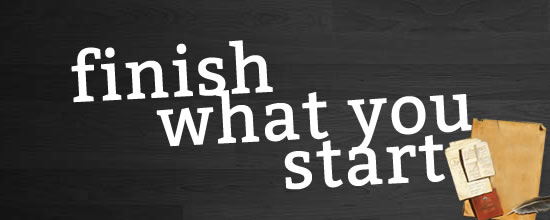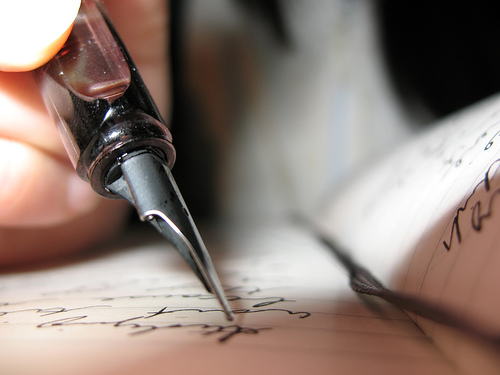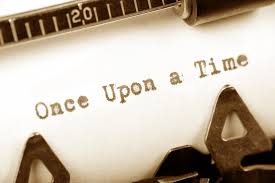I have passed yet another milestone on my long journey as a writer. Last night I finished rewriting / editing Part 1 of my novel Of Broken Things. Yes, it took me the better part of three months, so some might consider that I’m moving at the speed of a tortoise. But it doesn’t matter to me, as long as I’m moving forward.
It’s interesting to look back and see just how far I’ve come on my journey. Last October, I wasn’t sure I had what it takes to write 50k words necessary to win NaNoWriMo, but I did. Then I was convinced that I would never be able to finish the first draft, but I did that as well.
And when I looked at the 300 pages brick that was my finished first draft, I was convinced that I would never be able to edit that. Heck, I had no idea how to even begin making it better…
Well, three months later, I am a third of the way through with the revision, and it’s not as bad as I thought. Yes, it’s long and painful and rather soul-draining at times, but I can really see my story getting better, so it’s all worth it in the end.
So now that I have some editing experience under my belt, it’s time to share with you a few essential things I’ve learned. Those tidbits of wisdom are, of course, personal, and might not reflect your writing experience, because hey, we are all different, and so is our writing process.
1. The first draft sucks.
My first draft was a hot mess. It doesn’t help that when I write my story down for the first time, I just go with the flow. I never re-read what I wrote the day before or look back to edit, I just charge on ahead. Sometimes I follow my (very loose) outline, sometimes I go on a tangent and get lost in the woods before I limp back on the long and sinuous road to The End. So the end result is full of typos and repetitions, ravings and plot holes big enough to swallow a semi. There is a good story buried somewhere in there, but you need to get out your mining gear and be willing to do some hard work in order to dig it out, clean it up and polish it till it shines.
Which brings me to the next tidbit of wisdom:
2. Editing the first draft = rewriting 90% of it.

I had noticed that when I edited my short stories. I had dreaded that when I started editing Of Broken Things, but I had hoped that it wouldn’t be the same. Sadly, it was. If you look at my printed copy, you would think that I bled all over the pages (that is if I my blood was blue), there is so much ink on them. I have moved scenes around, rewritten some of them from scratch, hacked and slashed and merged some of them together. Some pages might have maybe one or two untouched sentences, but most have none.
3. If you didn’t use an outline for the first draft, you better make one before you start editing.
Seeing how many things need to change during the editing process, having a detailed (preferably scene by scene outline) is essential. Starting a major revision without one is like going into the woods without a map or even a compass – you will most certainly get lost and probably do more harm than good. You have already finished this story, so you should know what it’s about (or I hope you do). So re-read it, outline it, mark the scenes that advance your story, those that need to be changed, and those that have no business being there at all. Take notes. They will really help you once it’s time to beat this baby into submission, ahem, start editing.
On a side note, it’s also good to keep a list of all the names and places, as well as a good timeline of your story. After all, you are working on filling in those plot holes, not creating new ones.
4. Save your original version before you start hacking and slashing.
ALWAYS save the original copy of your work before you make any changes. You never know what scene you might desperately need back two days after you happily threw it into the incinerator and pressed the Burn button.
And while you’re at it, save your progress regularly as well… in multiple places. That way if your power goes off expectantly, or your laptop shows you a blue screen of death and refuses to be revived, all that hard work is not lost forever.
5. Keep going.

It’s hard work. I had thought that writing the first draft was hard; well, it was a walk in the park compared to editing it. There are moments when I want to bash my head against the wall because I have I know a scene sucks but nothing I do makes it any better. It would be so easy to get discouraged and just give up. After all, you’ve done it already, right? You finished that story. You got to THE END once. Why not just leave it and write something new next?
Don’t give up. Leave that scene that makes you want to pull your hair out. Take notes on what doesn’t work and continue with another scene. You’d be surprised at the wealth of ideas you come up with when you come back to it the next day. Even if you’re not happy with something during the first revision pass, you can always change it during the next one. That’s the good thing about writing – nothing is set in stone until the book is published. Once you realize that, the whole process becomes very empowering.
So what do you guys think? What is your editing process? What problems have you encountered during your revisions? What lessons have you learned? I want to hear from you!



